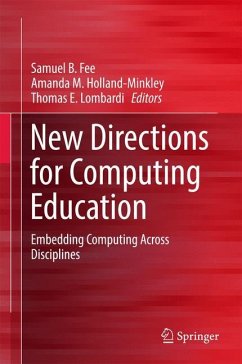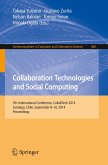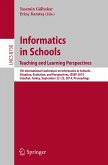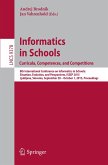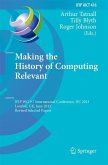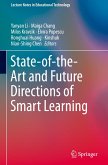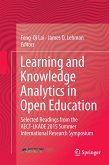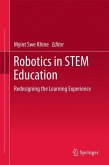Why should every student take a computing course? What should be the content of these courses? How should they be taught, and by whom? This book addresses these questions by identifying the broader reaches of computing education, problem-solving and critical thinking as a general approach to learning.
The book discusses new approaches to computing education, and considers whether the modern ubiquity of computing requires an educational approach that is inherently interdisciplinary and distinct from the traditional computer science perspective. The alternative approach that the authors advocate derives its mission from an intent to embed itself within an interdisciplinary arts and science context.
An interdisciplinary approach to computing is compellingly valuable for students and educational institutions alike. Its goal is to support the educational and intellectual needs of students with interests in the entire range of academic disciplines. It capitalizes on students'focus on career development and employers' demand for technical, while also engaging a diverse student body that may not possess a pre-existing interest in computing for computing's sake. This approach makes directly evident the applicability of computer science topics to real-world interdisciplinary problems beyond computing and recognizes that technical and computational abilities are essential within every discipline.
The book offers a valuable resource for computer science and computing education instructors who are presently re-thinking their curricula and pedagogical approaches and are actively trying new methods in the classroom. It will also benefit graduate students considering a future of teaching in the field, as well as administrators (in both higher education and high schools) interested in becoming conversant in the discourse surrounding the future of computing education.
The book discusses new approaches to computing education, and considers whether the modern ubiquity of computing requires an educational approach that is inherently interdisciplinary and distinct from the traditional computer science perspective. The alternative approach that the authors advocate derives its mission from an intent to embed itself within an interdisciplinary arts and science context.
An interdisciplinary approach to computing is compellingly valuable for students and educational institutions alike. Its goal is to support the educational and intellectual needs of students with interests in the entire range of academic disciplines. It capitalizes on students'focus on career development and employers' demand for technical, while also engaging a diverse student body that may not possess a pre-existing interest in computing for computing's sake. This approach makes directly evident the applicability of computer science topics to real-world interdisciplinary problems beyond computing and recognizes that technical and computational abilities are essential within every discipline.
The book offers a valuable resource for computer science and computing education instructors who are presently re-thinking their curricula and pedagogical approaches and are actively trying new methods in the classroom. It will also benefit graduate students considering a future of teaching in the field, as well as administrators (in both higher education and high schools) interested in becoming conversant in the discourse surrounding the future of computing education.

